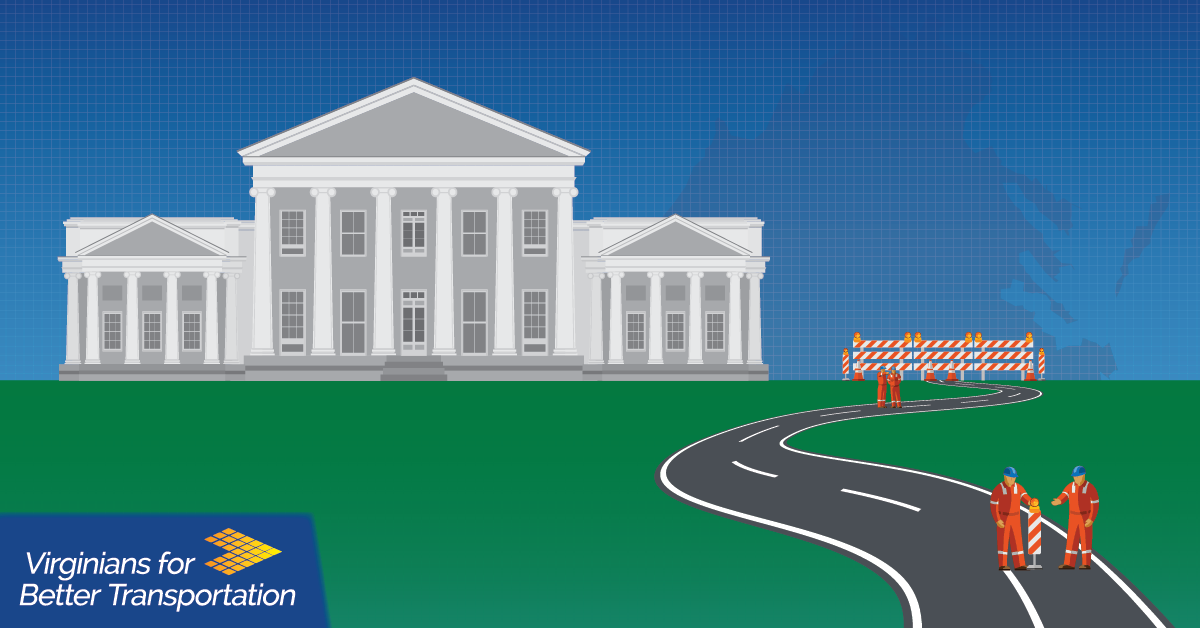The 2018 Virginia General Assembly ended last month, with several bills affecting transportation and transportation funding on the docket. Let’s take a look at a few of them and where they ended up at the close of session.

If the constitutional "lock box" amendment had passed, it would have limited the General Assembly's ability to take transportation money and use it for other purposes. Any constitutional amendment in Virginia must pass two consecutive General Assemblies, with a general election in between. The lock box amendment passed in 2017, making this year’s General Assembly the second consecutive session it would need to pass. Unfortunately, the bill was defeated in the Senate, leaving Virginia transportation funding vulnerable for another year.
One major transportation funding win will benefit Hampton Roads and Northern Virginia. Since 2013, the Virginia Transportation Construction Alliance has advocated for a gas tax floor in those areas, which would standardize revenues from taxes, even when gas prices drop to low levels. This year, the General Assembly reached a compromise to pass a bill that sets that floor at the 2013 level for NOVA and Hampton Roads. This will result in $67 million of additional funding each year to be split between the two regions.
A work zone safety bill passed, which prohibits the use of phones and other handheld personal communication devices in highway work zones. The bill imposes a mandatory fine of $250 for reading emails or texting while operating a motor vehicle in a highway work zone when workers are present.
VBT advocated for two bills regarding Interstate 81 in Virginia. The first, SB 583, would create and fund the Western Virginia Transportation Commission. It would also raise the gas tax to 2.1% along the I-81 corridor, generating over $70 million a year for transportation improvements. That revenue alone would mean a billion dollars of improvements for I-81. SB 583 passed the Senate but was then carried over until the 2019 session by the House Finance Committee.
The second I-81 related bill was passed this year, however. SB 971 calls on the Commonwealth Transportation Board to study financing options for improvements to I-81, including tolls on trucks. The board will present their findings and recommendations to next year’s General Assembly for action.
What do these changes mean for Virginia? It’s a mixed bag. The failure of the lock box amendment leaves transportation funding for much of the state in a vulnerable position for the coming years. However, Northern Virginia and Hampton Roads will benefit from future revenues for road, bridge and other transportation improvements thanks to the new gas tax floor. And while the residents and commuters along Interstate 81 likely would prefer funding to fix the highway this year, moving forward with a study is still a positive step. When the results are presented to the General Assembly next year, VBT hopes and expects our legislators will be ready to act on 81.
back to News & Views